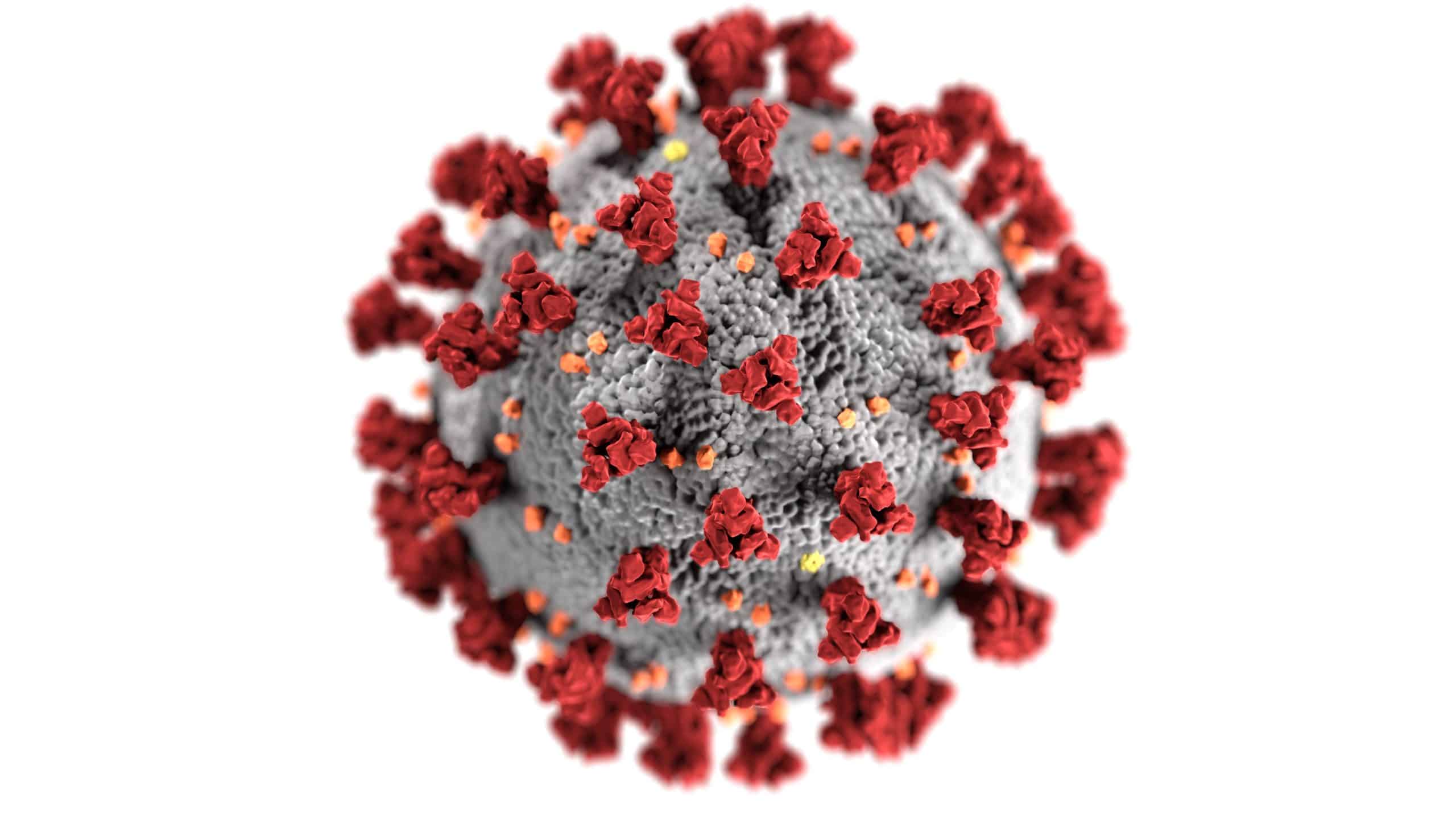Legacy Design Strategies
Omaha, NE, Minot, ND and Iowa Fall, IA Estate Planning and Elder Law Firm
Estate Planning and Elder Law Blog

Waiting to create a will leaves nothing but headaches for your heirs and relatives. With nearly 200,000 deaths due to Covid-19 in the U.S. alone, we are reminded of how fast our lives can change.
The Street’s recent article entitled “Life Changes Fast: The Importance of Estate Planning and Health Care Directives” also notes that this reminds us how important it is to make sure we have current estate planning decisions and end-of-life decisions in place.
Here is a basic overview of some important areas of estate and health care planning you should consider:
Your Assets and Belongings
An experienced estate planning attorney can help you determine if a will or a trust would best take care of your objectives and needs. Don’t make this decision on your own because there are major differences between these two types of documents.
Some people use a living trust instead of a will because it avoids the publicity and expense that comes with the probate process. Ask your attorney what is best for your family and situation.
You’ll need to name an executor, who will be in charge of making sure your requests are carried out, including the division of assets. In addition to your will or trust, be sure the beneficiaries on your life insurance and accounts, such as your bank and retirement accounts are current. You should also see how the title is held on any real estate property you own.
Health Care and Your Body
Make certain that it’s super clear and in writing as to what your final wishes are for your medical treatment and final arrangements. Your documents need to address what type of medical treatment you want, if you are not able to make those decisions for yourself. It should also be clear as to any specific life-preserving measures you would want taken.
A power of attorney for healthcare lets you name an agent to make health-related decisions for you, if you’re unable to do so. Some states combine both the power of attorney for health care and a living will into one document, which is called an advance directive. If you want to be an organ donor, make sure this is recorded and your wishes are known (some states have directories or it’s on a person’s driver’s license). Be sure that your hospital and doctor are aware of your wishes and they have copies of any necessary documents.
Guidance and Financial Help. Always consult with an experienced estate planning attorney to be certain that your wishes and objectives are properly spelled out and legally binding.
Reference: The Street (Aug. 28, 2020) “Life Changes Fast: The Importance of Estate Planning and Health Care Directives”

Get Started Today
Book your Free Estate Planning Consultation Now
Stay Up-To Date
Subscribe to Our eNewsletter
9859 South 168th Avenue,
Omaha, NE 68136
7 Third Street SE, Suite 202,
Minot, ND 58701
320 North Oak Street, PO Box 295,
Iowa Falls, IA 50126
